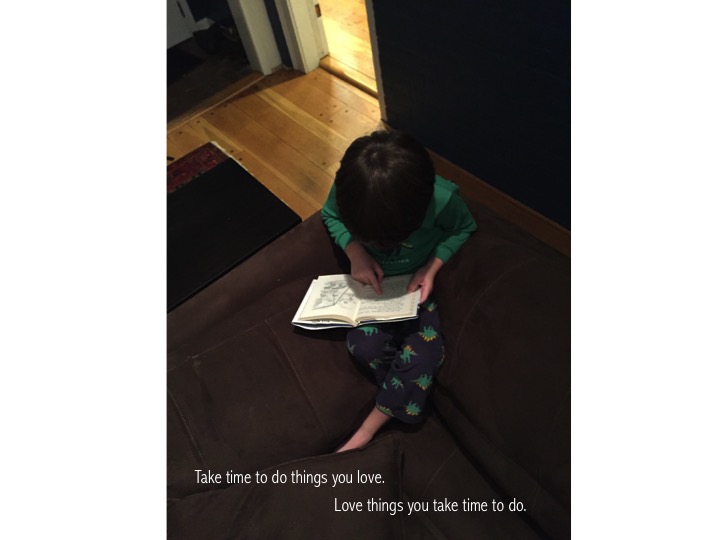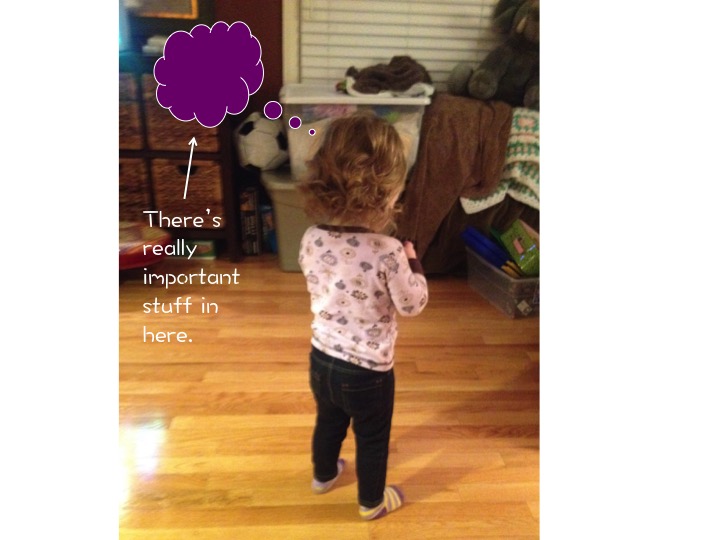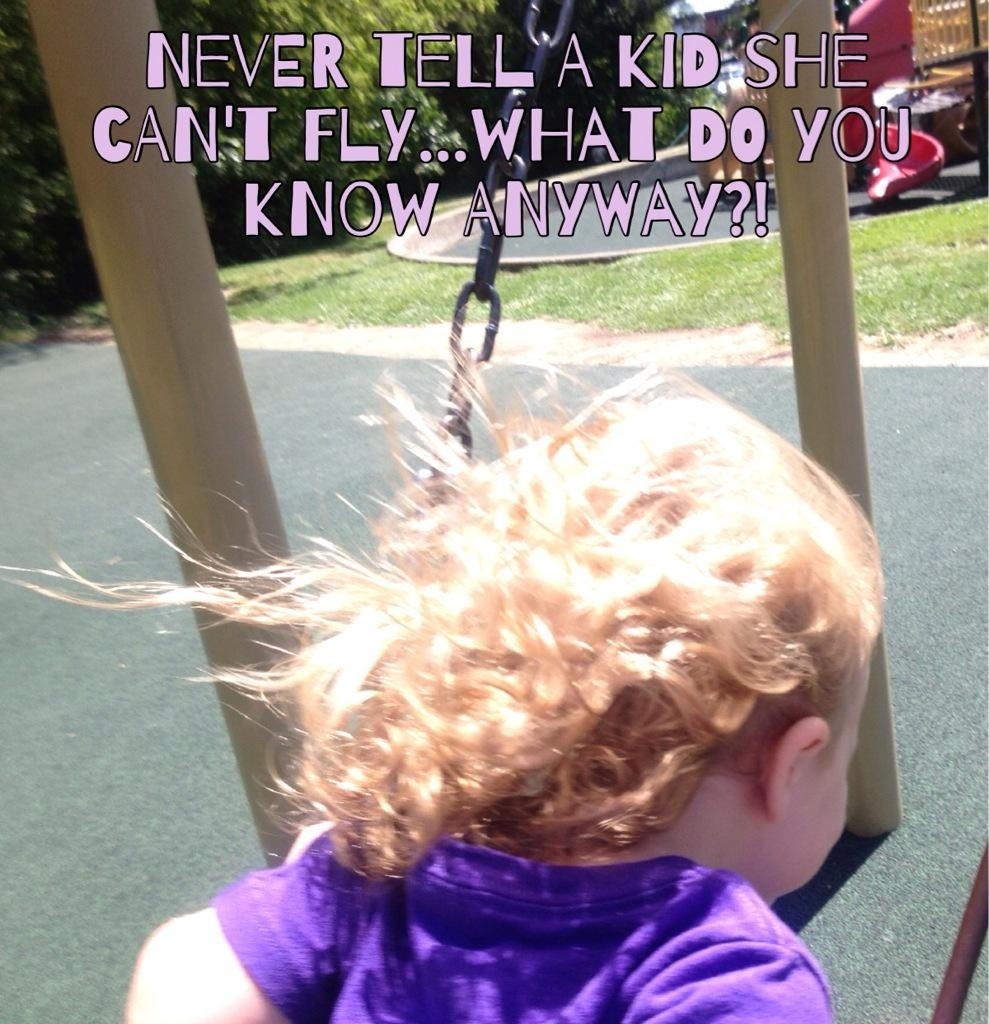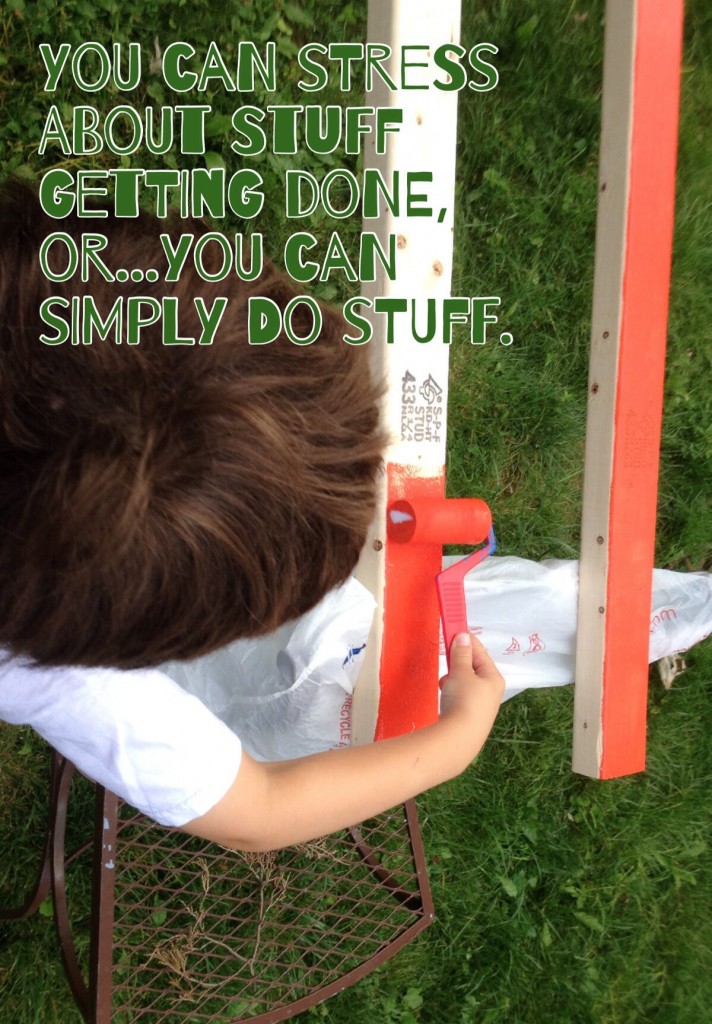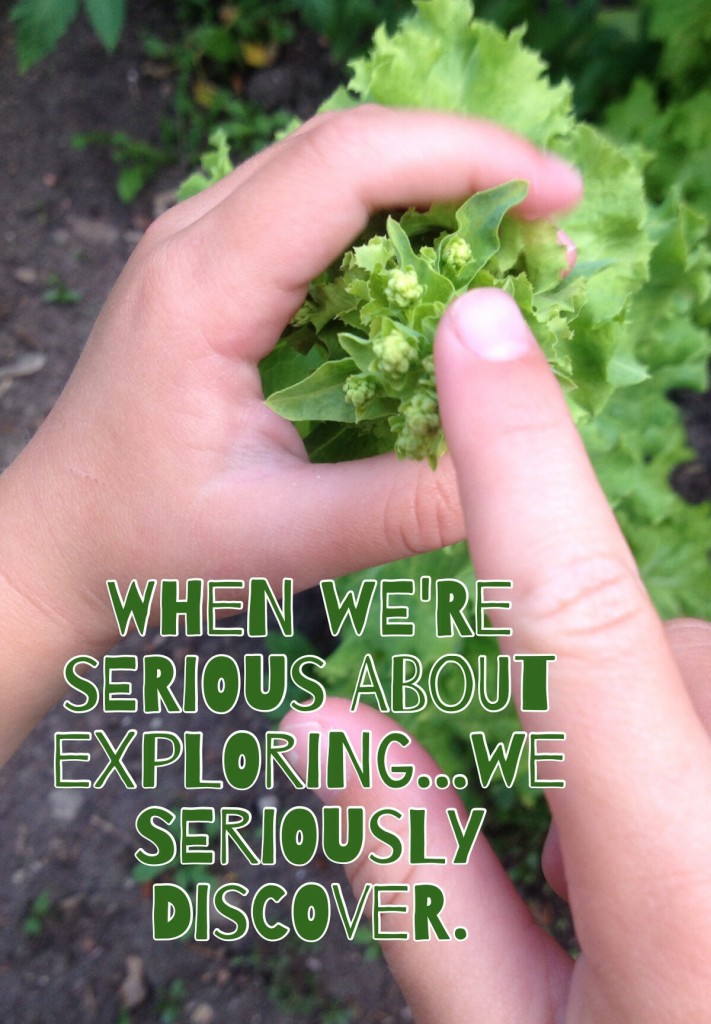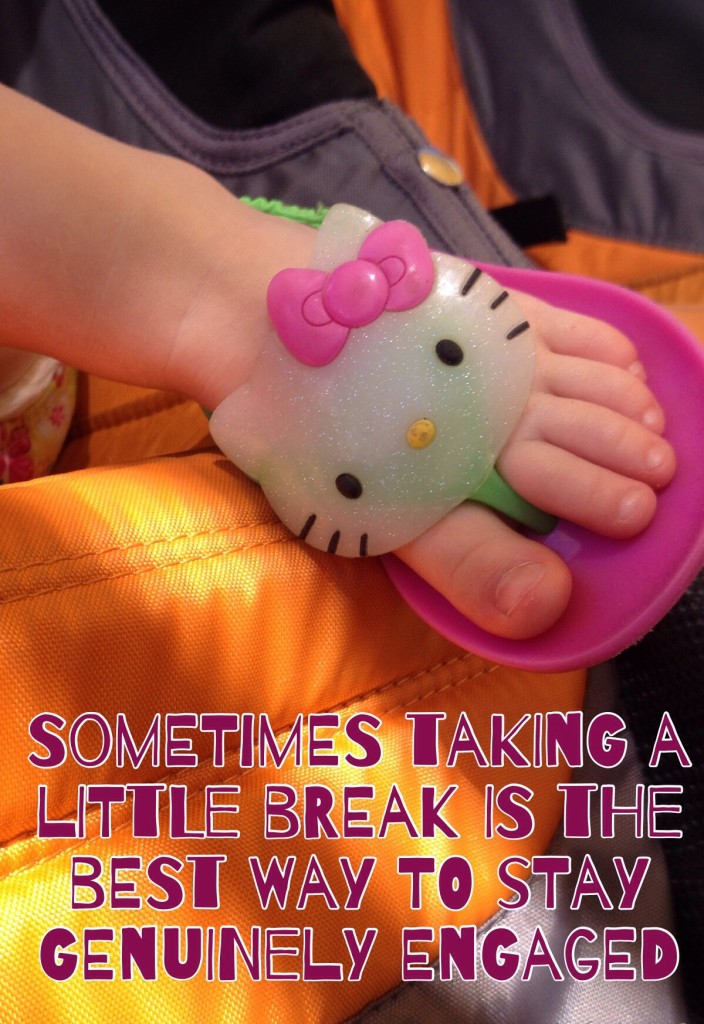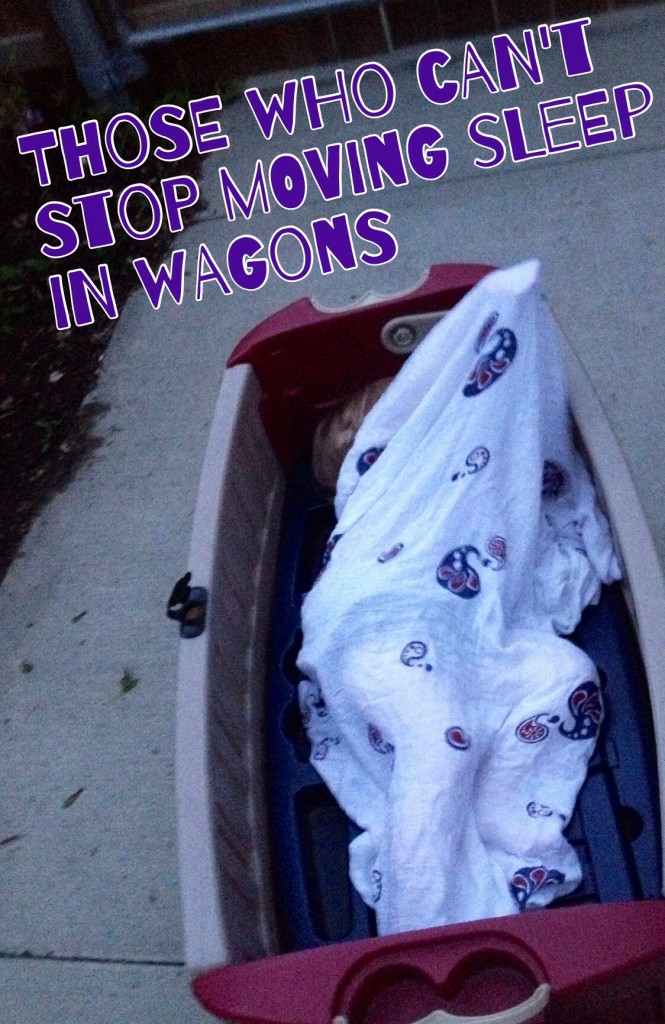 1. Prioritize from your core values
1. Prioritize from your core values
There are certain things that each of us believes in emphatically. Things that drive our thoughts, our decisions, our actions, the ways in which we behave in any given situation, how we develop and participate in personal and professional relationships, and so on. These things are our core values.
Some are formed in childhood via modeling from respected adults that we looked to for guidance, while others have been added to our core values bank along the individual developmental paths we each tread. Some are likely still in various stages of development. We’re always learning and growing, but I would guess that most adults have a solid base of core values contributing to their forward progress.
A few of mine are that we should always wish each other well…even and especially when we disagree, that we should work hard to find the good intentions in people’s words and actions…when I do communication and collaboration seem to be enhanced, and that we should forgive with open hearts and minds…even and especially when we have to forgive ourselves (it’s a good way to move forward with learning and growth as scaffolding).
Whatever your core values are, I would suggest that you’re well served to keep them in mind as you work toward positive progress in your school community (and your life in general). You can always feel good about leaning on what you believe to be sound principals.
When we remain true to our core vales we feel good, and when we feel good we project positive energy, even through challenging times. With effective leadership and learning in mind, projecting positive energy can be good for the positive progress of entire populations and potentially spread positivity throughout entire organizations.
2. Engage intentionally
There are lots of opportunities to engage with others during any given school day. Also, there are lots of opportunities to get buried in paperwork behind your desk, which can be draining and foster a disconnected feeling after a while. I’ve started to put 15 minute “human connection rounds” on my calendar. On top if that I’ve been using my calendar much more effectively in general. At the risk of coming off as obsessive I can report that I’ve seen some real positive progress by way of diligent scheduling, from e-mail checks, to snacks, to classroom visits, to phone calls, to anything else I know I need to get done over the course of any given day. This style of scheduling not only reminds me of tasks and projects, but it reminds me that the whole is made of parts, each critical for positive progress but none more important than the people I serve.
I don’t always get it right. Occasionally things draw me away from even scheduled interactions, but when I make engagement a priority and attend to it with intentionality I find that my relationships with all stakeholders are enhanced, which builds on a positive culture of trust and collaboration.
3. Take your time
I’m now in my fifth month of working to resolve some lower back issues that have been plaguing me for some time. One of the growth catalysts that led me to the wonderful progress I’m making was the realization that I was working in wrong ways for the first three and a half months. During that period I was listening to my body, but at the time my body was only telling me about each moment as it was unfolding. It neglected to tell me that while I was experiencing momentary relief from tight muscles, I was exacerbating the core problem by bending, flexing, and stretching in the wrong directions.
Turns out I needed some doctors and physical therapists to tell me that. By the time the pain became bad enough to ask the experts I had gone and driven my injury to new heights with some wonderfully well intentioned but holistically uninformed self care. Also, it took a couple of weeks for the right, expert-approved ways to prove relief and subsequently, hope.
First I had to understand why I needed to change my course of action, than I needed to change it, and then I needed to stick with it for a while before the benefits showed up. Finally, I needed (and still need) to stay on top of things during setbacks. It’s been a patient coarse of action to say the least. So is leading and learning.
We can stay positive with the knowledge that our work will take time and potentially many turns along the way. We will understand things tomorrow that were foreign to is yesterday. When we stay the course with our core values and a common drive to enhance the lives of children in mind, we can appreciate process over a desire for perfection…and that can land us in positive mindsets.
4. Look through an organizational lens
Anyone who works in a field that has anything to do with customer service works with people. People who are being served have needs. I know, deep thought…but stick with me.
Educators are charged with caring for the most important things in the lives of the families we serve…their children. It’s a charge that requires internal and external partnerships, an ever-expanding collective knowledge base connected with the targeted and adaptive implementation of that knowledge, and effective communication with and between all involved. Each of these things requires dedicated effort, patience, compassion, a willingness to learn, grow, and even change, and occasionally…forgiveness (for ourselves and others). Seems like a lot of stuff, but when viewed through an organizational lens it’s quite doable.
The fact is, it’s never about you. It’s never personal. Everything we do is about a community working together on behalf the safety, well-being, and achievement of the children in that community. Looking though an organization lens allows us to step away from emotions that might otherwise threaten or deteriorate our positive progress. When done with resolve it can foster a culture in which positive progress is highlighted over momentary setbacks.
5. Don’t sleep in the wagon Educators could think (and talk) about education 24/7. In fact, it sometimes seems like we do. Have you ever been to a dinner party with an educator? What do they talk about? Education! Better yet, if you’re a married educator just think about what your spouse endures on a daily basis by way of edu-talk!
It’s true that our work is challenging in unique ways and must be processed with intention, but it’s also true that we need balance in our lives. I’ve found that when achieved, a balanced life is among the most powerful positive contributors to my learning, growth, happiness, and maximized capacity in each of my roles…professional and personal.
I’m better when I take breaks from thought and action. I’m sharper when I allow myself time to rejuvenate. I’m more in tune when I turn away at times rather than fixating. Staying mentally, physically, and emotionally heathy is critical for effective leadership and learning. Balance fosters comfort and contentment, which in turn contributes to an enhanced capacity for positive progress.
Live. Learn. Lead.
Dream Big. Work Hard. Be Well.
